The Amel Association International, in partnership with Buzuruna Juzuruna, has implemented an initiative aimed at supporting farmers in southern Lebanon affected by the Israeli war on the country between October 2023 and November 2024. The initiative involved the distribution of seeds and agricultural grains to a number of families whose lands and sources of livelihood were severely impacted.
This initiative represents a practical step toward strengthening the resilience of local communities and encouraging them to resume the agricultural production cycle despite the difficult conditions and significant losses they have endured due to bombing and destruction.
The initiative included the distribution of a variety of seeds and grains suited to the local environment, along with technical guidance for farmers on planting and crop care to ensure effective and sustainable agricultural yields. The effort also emphasized the importance of preserving local biodiversity and adopting environmentally friendly farming techniques.
Amel Association International stated: “Agriculture is not merely a means of survival—it is an expression of connection to the land, of belonging, and of dignity. Reviving life in the fields of South Lebanon is a form of civil resistance and a path toward rebuilding hope.”
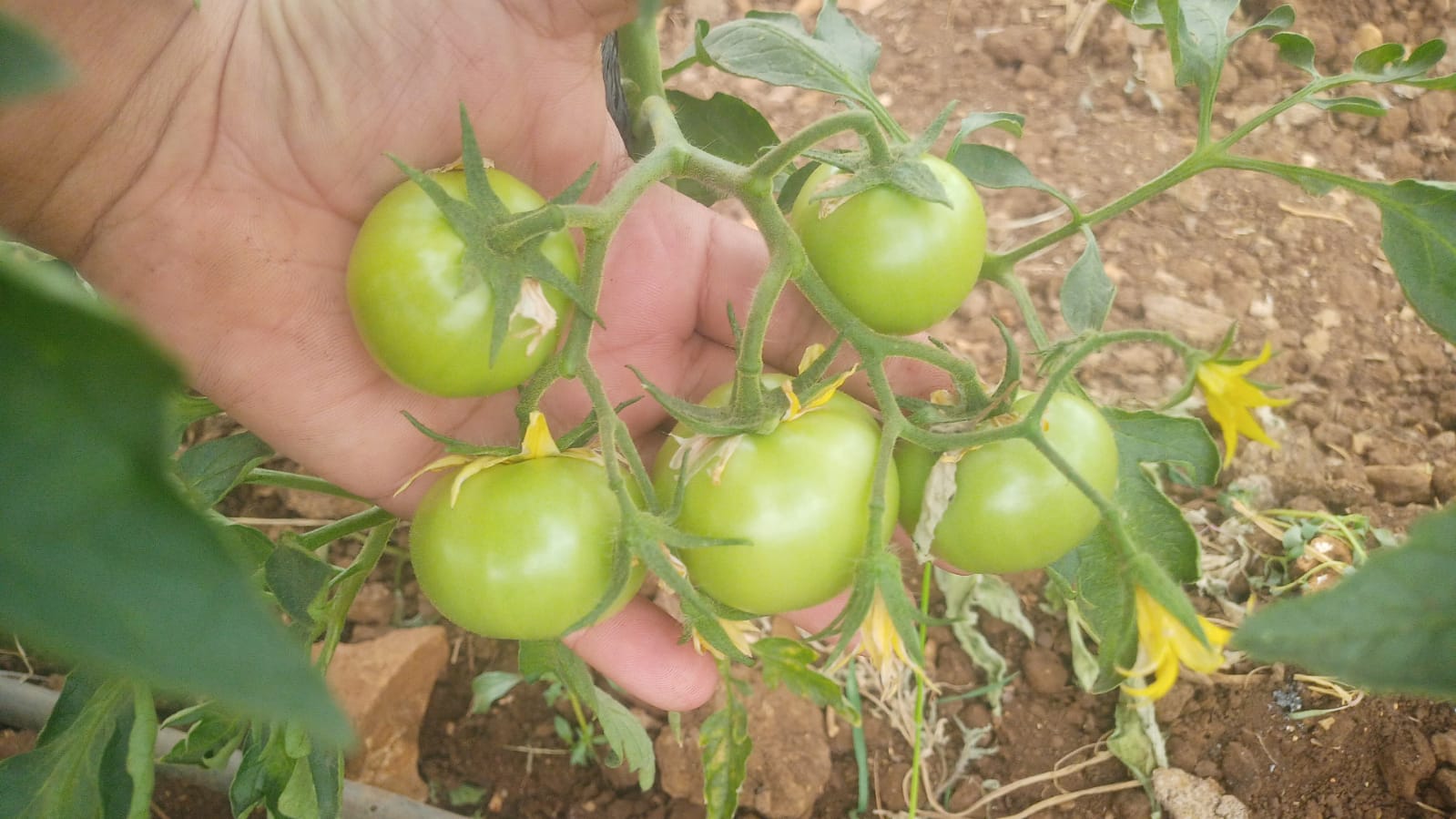 This initiative is part of Amel’s broader emergency response programs in crisis-affected areas, which aim to link relief with development by supporting productive sectors and securing dignified livelihoods for the most vulnerable populations.
This initiative is part of Amel’s broader emergency response programs in crisis-affected areas, which aim to link relief with development by supporting productive sectors and securing dignified livelihoods for the most vulnerable populations.
According to a joint assessment by the Food and Agriculture Organization of the United Nations (FAO), the Lebanese Ministry of Agriculture, and the National Council for Scientific Research, Lebanon’s agricultural sector incurred estimated damages and losses of approximately $704 million during the war. The assessment noted that direct damages amounted to around $118 million, while losses—mainly due to halted production and crop destruction—reached nearly $586 million.
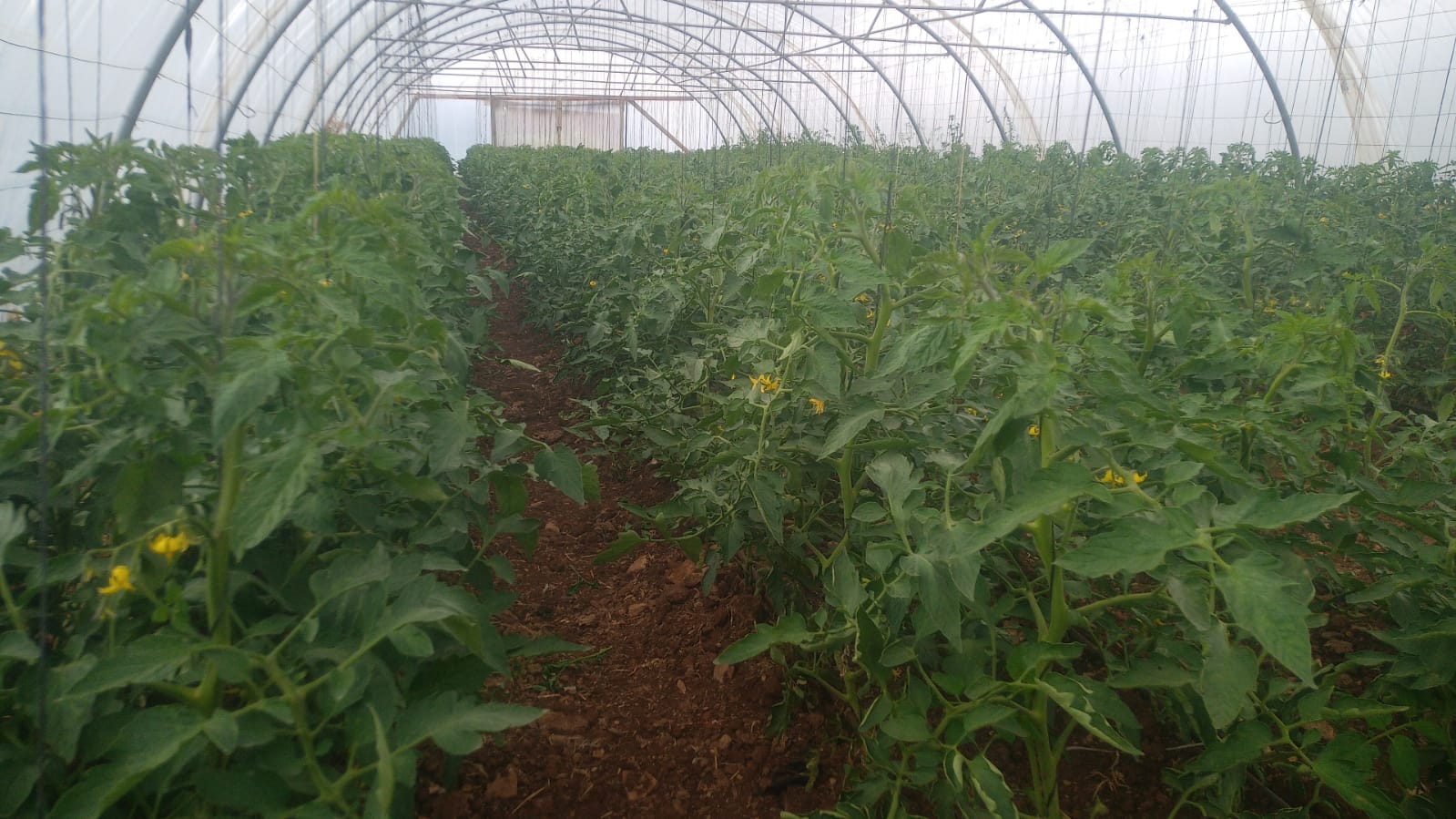 The most affected areas are located in South Lebanon and the Bekaa Valley in the east, with the impact spanning various agricultural sectors, including crops, livestock, forestry, fisheries, and aquaculture.
The most affected areas are located in South Lebanon and the Bekaa Valley in the east, with the impact spanning various agricultural sectors, including crops, livestock, forestry, fisheries, and aquaculture.
FAO reported that the agricultural sector needs approximately $263 million for reconstruction and recovery, including $95 million identified as a funding priority for the 2025–2026 period. The assessment also emphasized the urgent need for immediate support to resume agricultural activities, livestock farming, fisheries, and aquaculture operations in Lebanon.
According to Lebanon’s Ministry of Public Health, between October 2023 and November 2024, the Israeli military carried out at least 67 attacks on hospitals, 56 on primary health care centers, and 238 on emergency medical associations, resulting in the deaths of no fewer than 222 medical and relief workers.
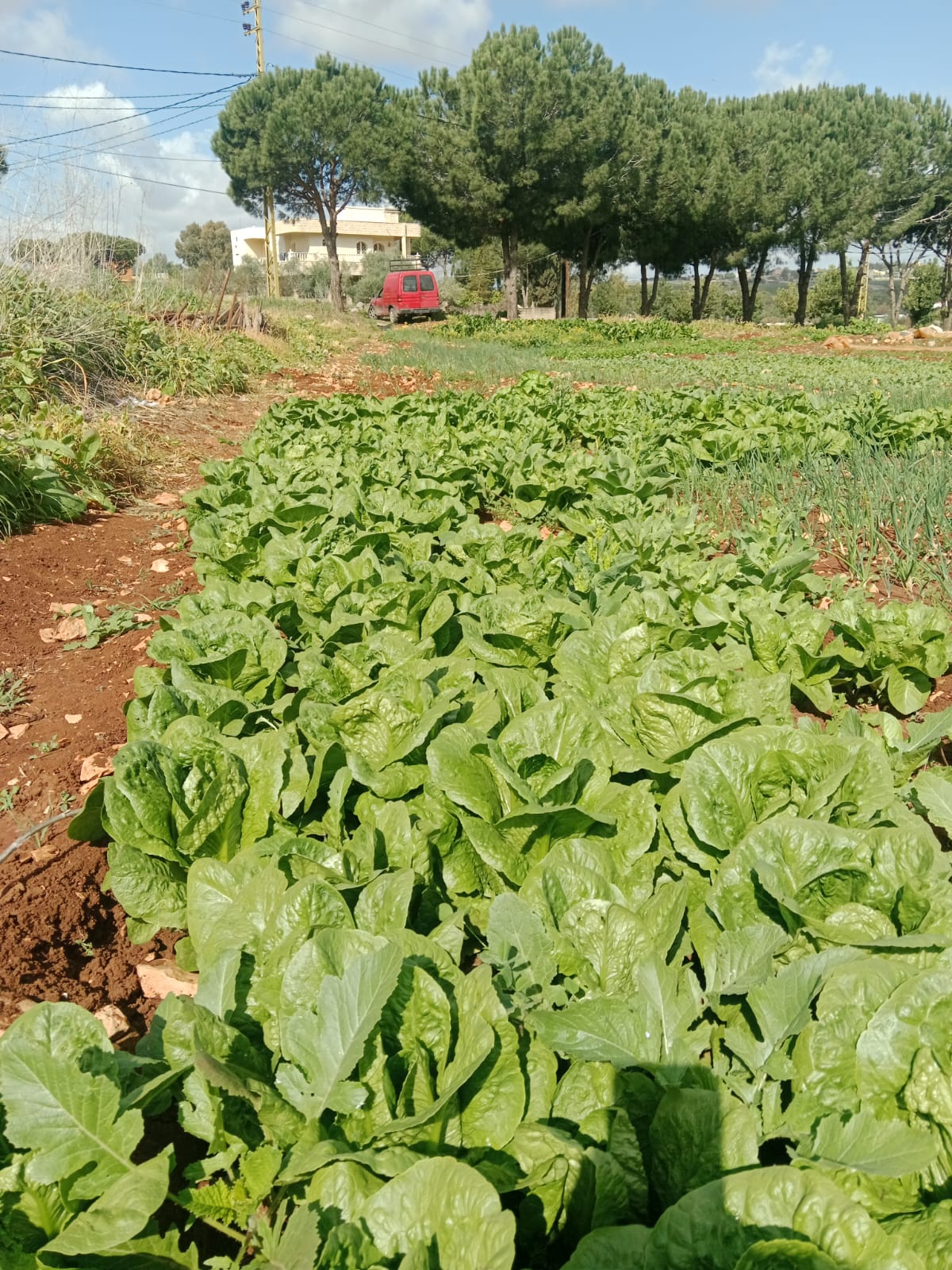 On 27 November 2024 , a 60-day ceasefire agreement was reached between Lebanon and Israel, which was later extended on 27 January 2025 for several additional weeks.
On 27 November 2024 , a 60-day ceasefire agreement was reached between Lebanon and Israel, which was later extended on 27 January 2025 for several additional weeks.
Despite the agreement, Lebanese authorities documented more than 1,440 Israeli violations, resulting in at least 125 fatalities and 371 injuries, according to official data. Furthermore, Israel failed to fully withdraw from South Lebanon by the agreed deadline of February 18, carrying out only a partial pullout while continuing to occupy five key hilltops in areas seized during the most recent conflict.
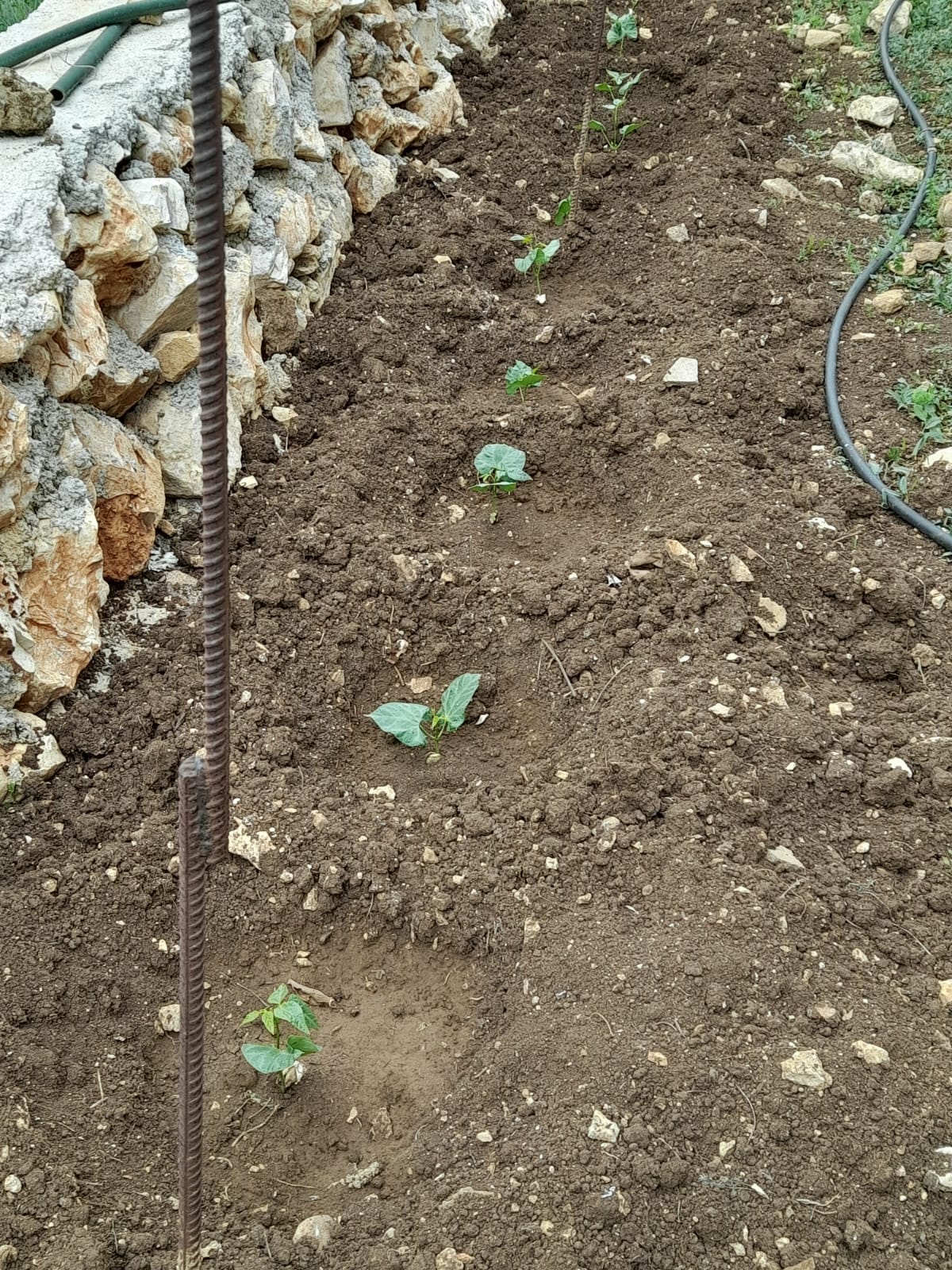
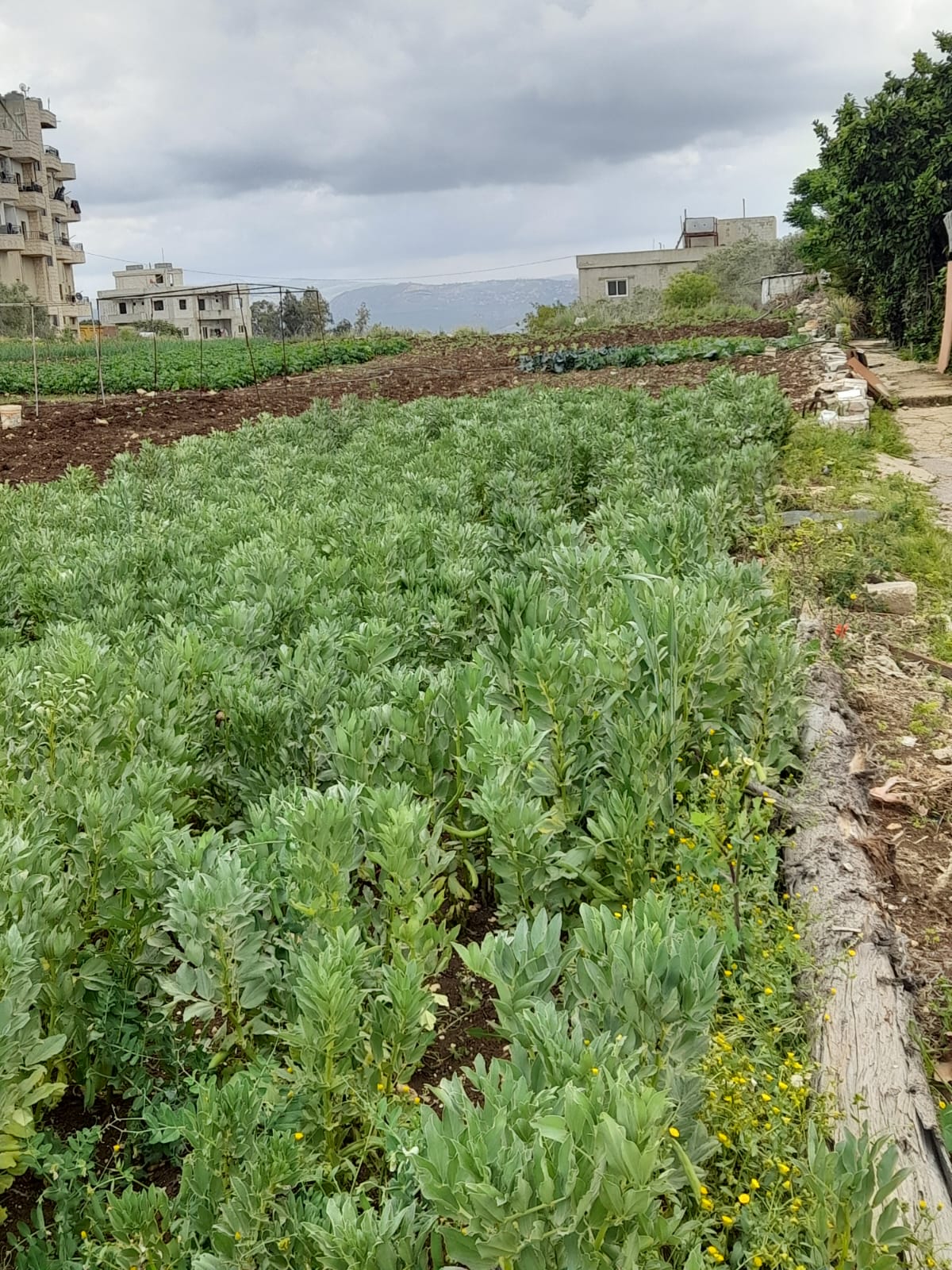
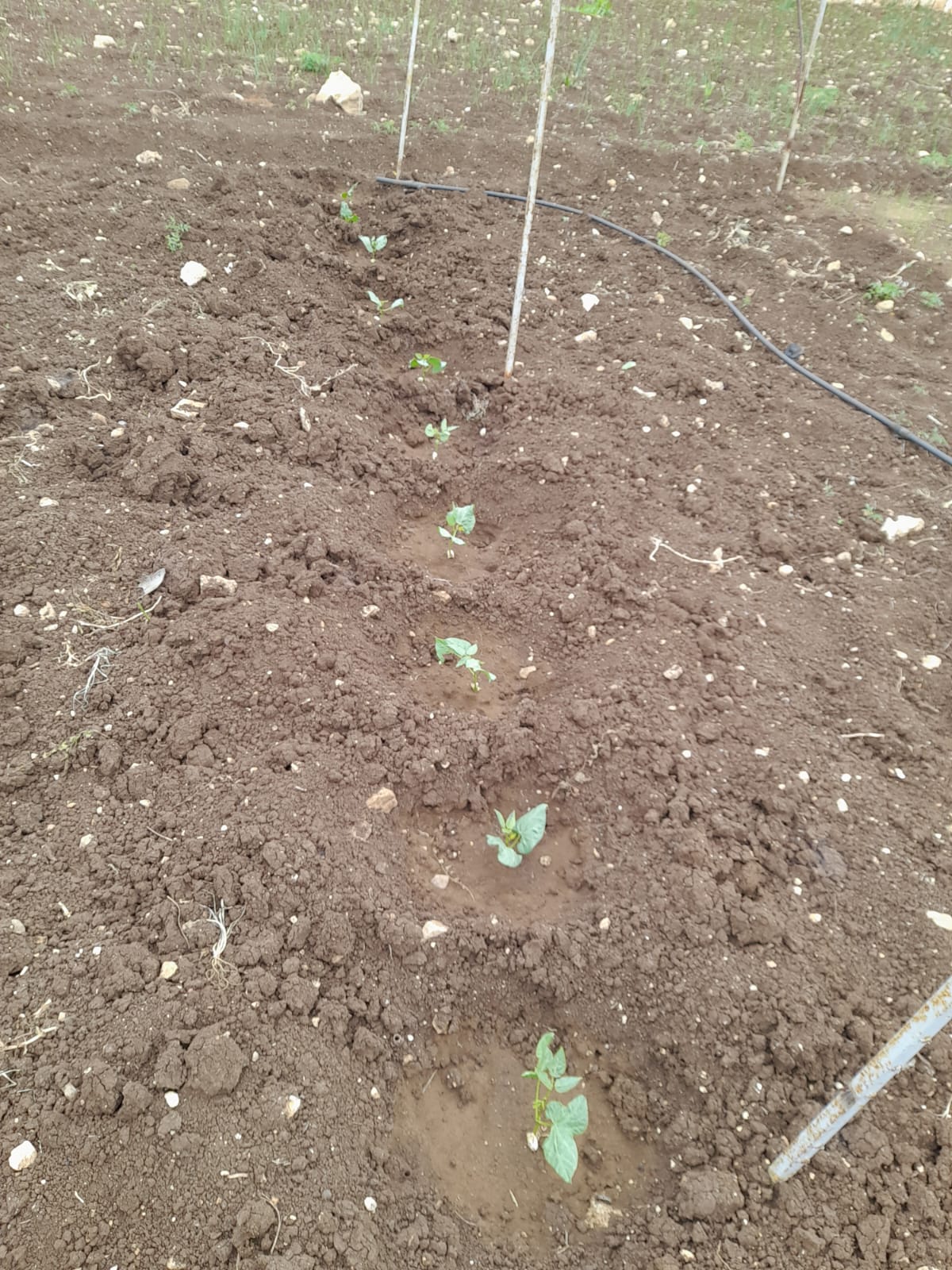
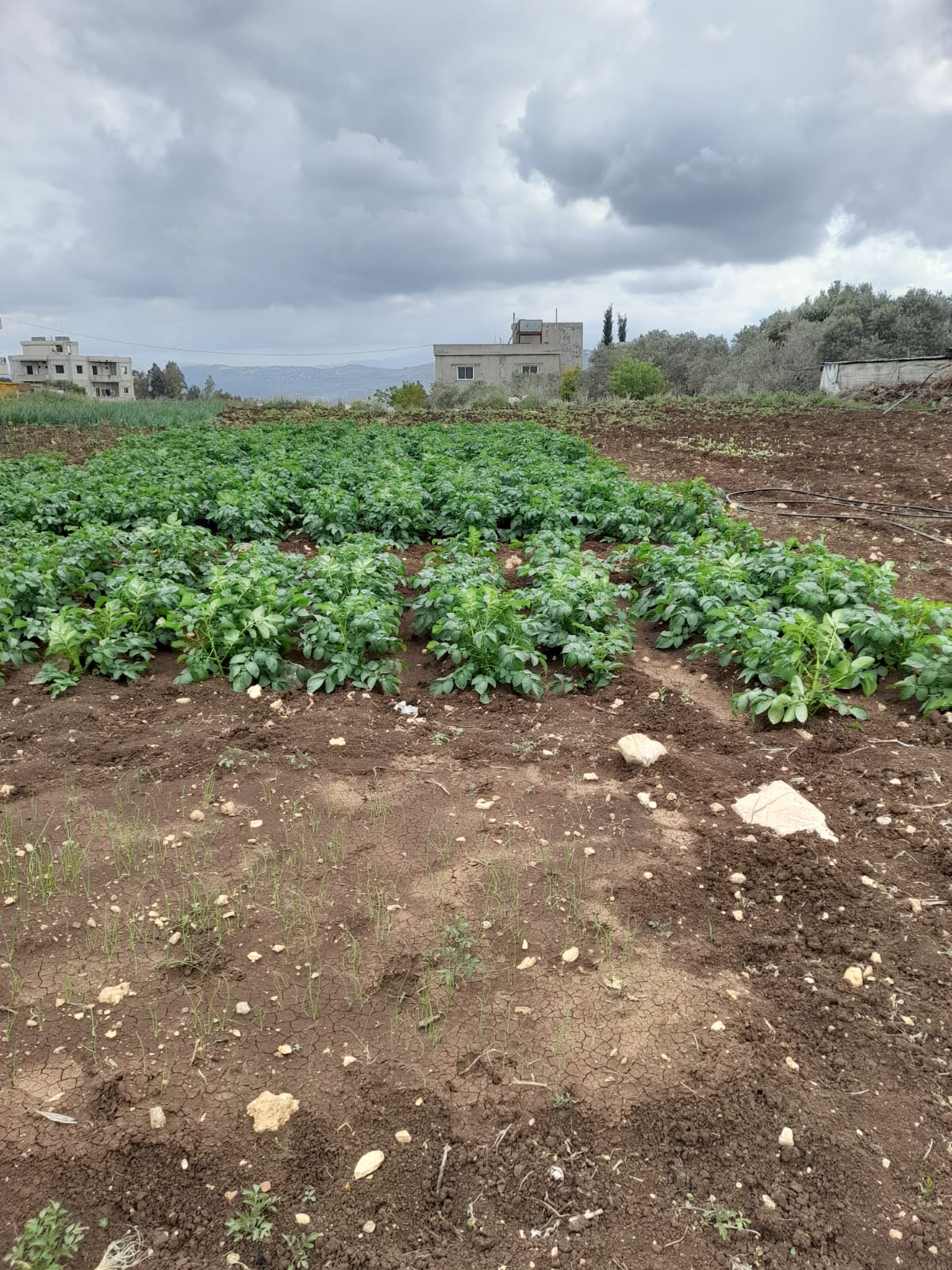
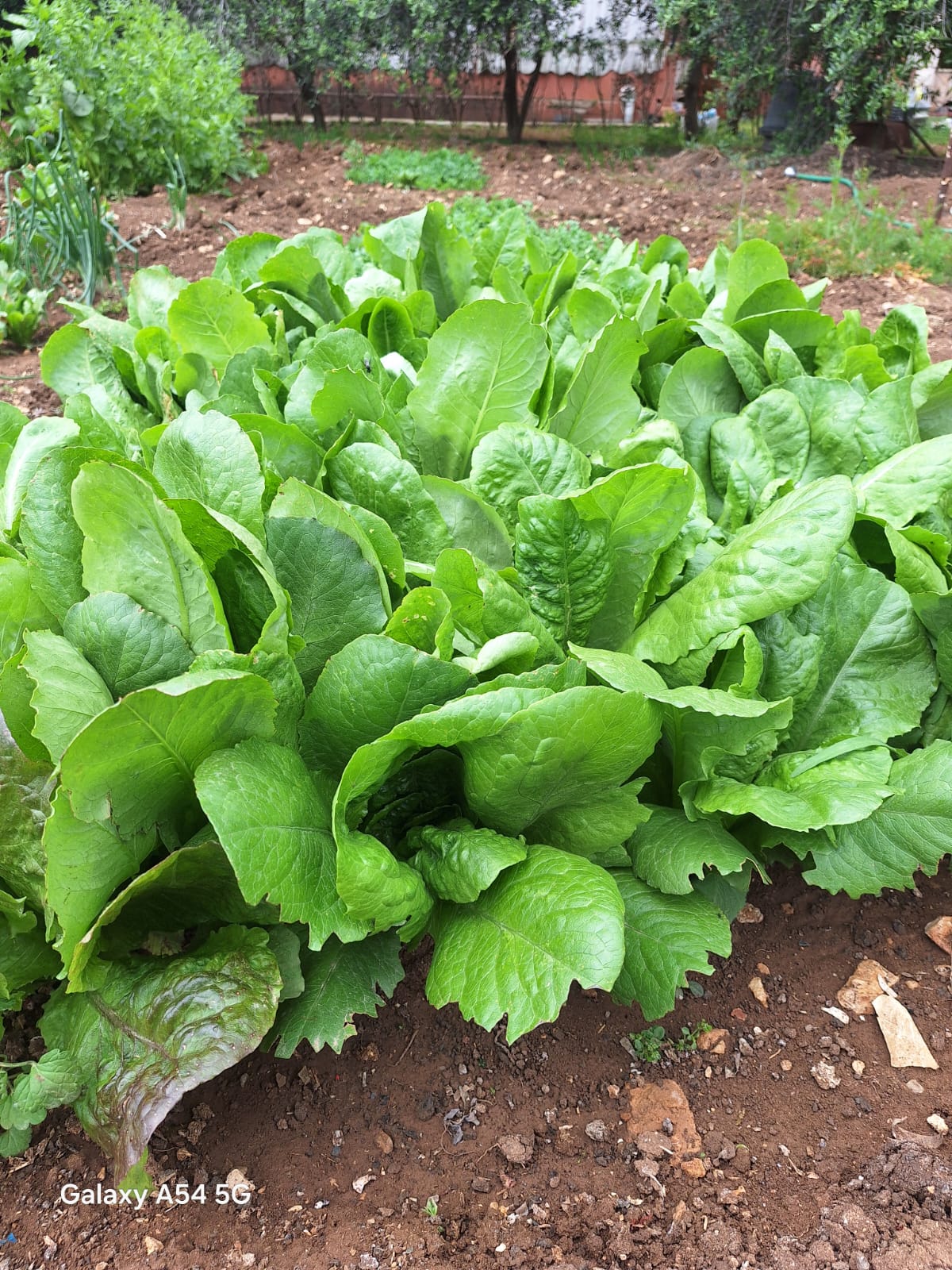
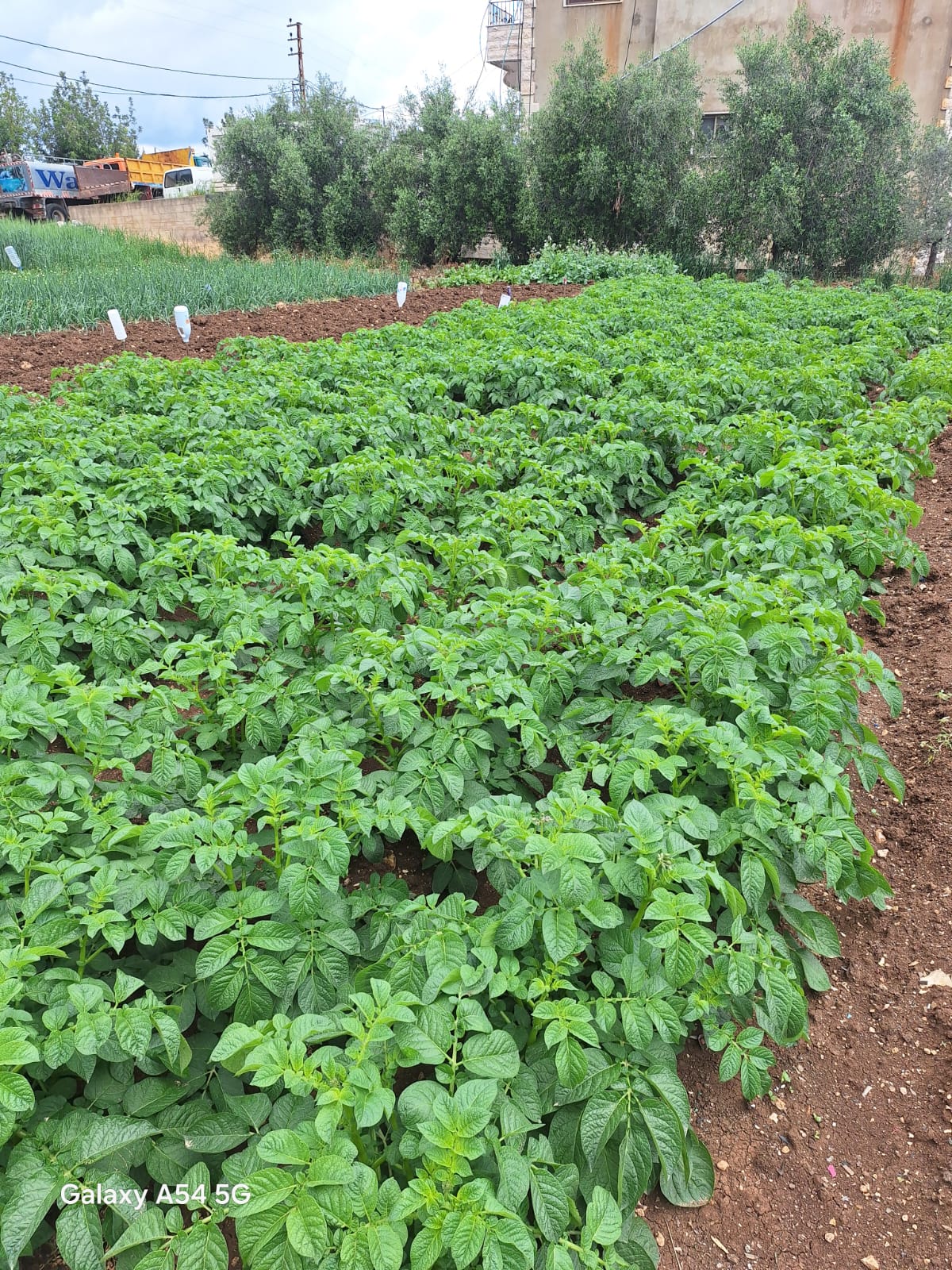
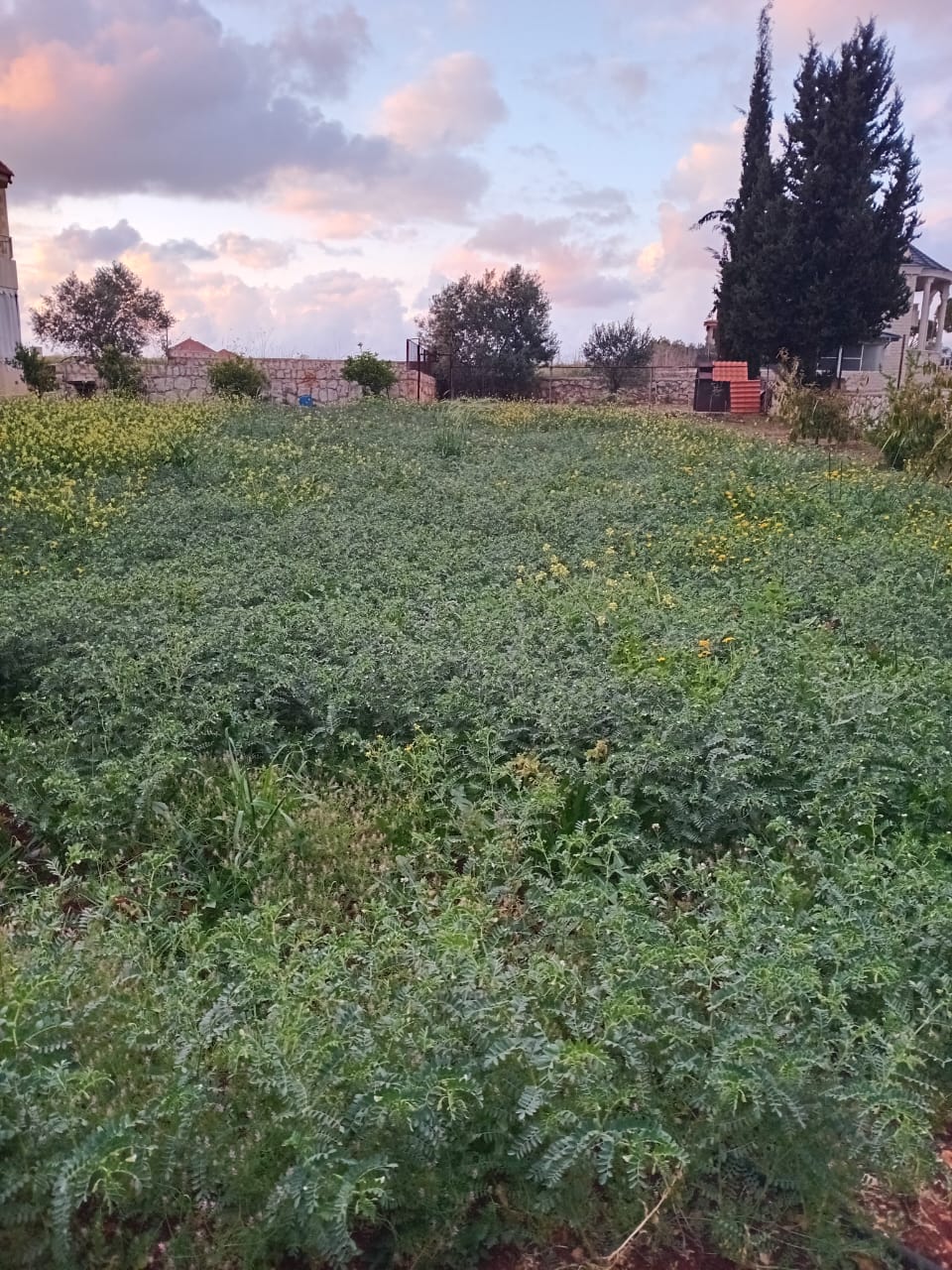
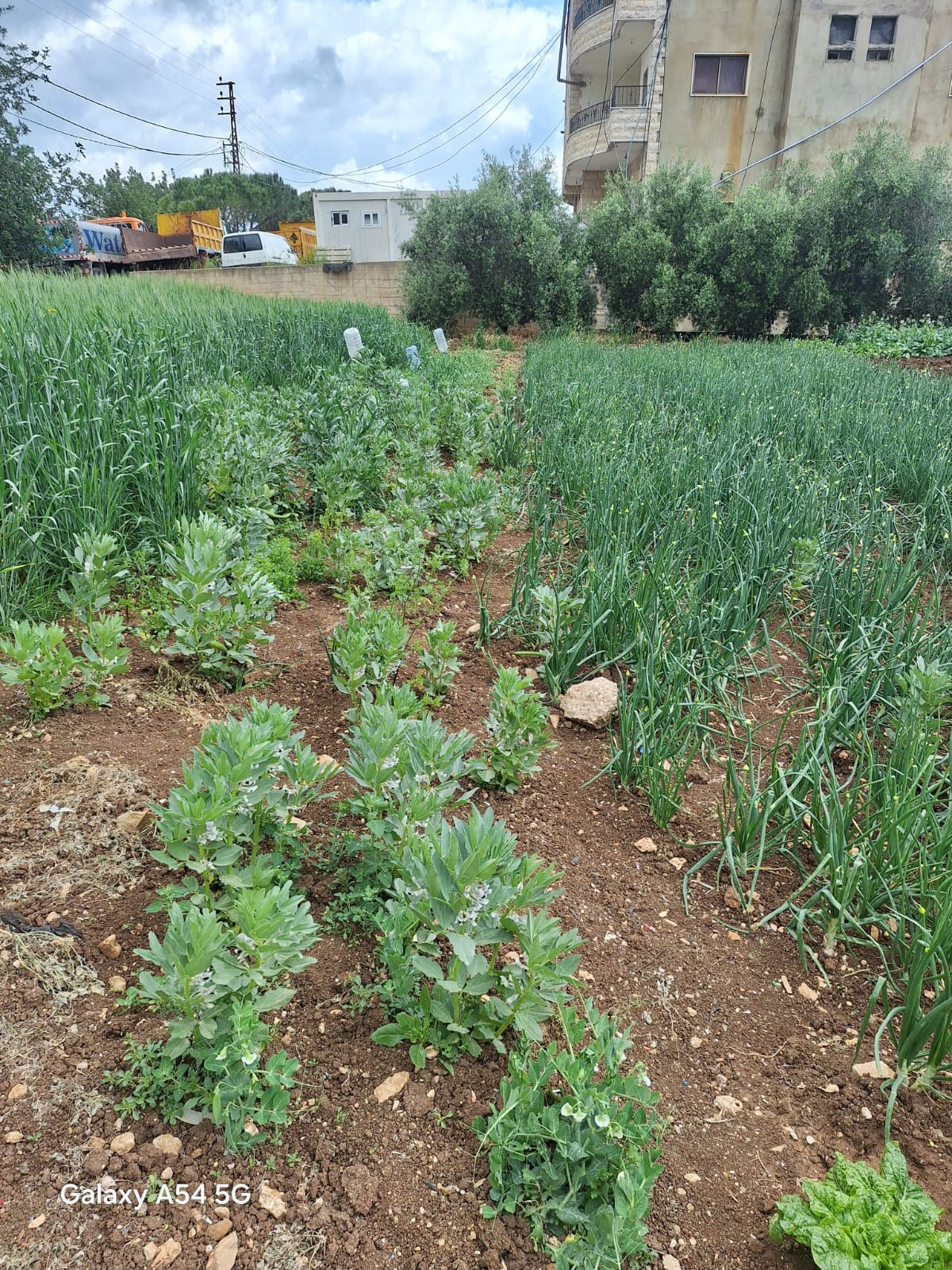
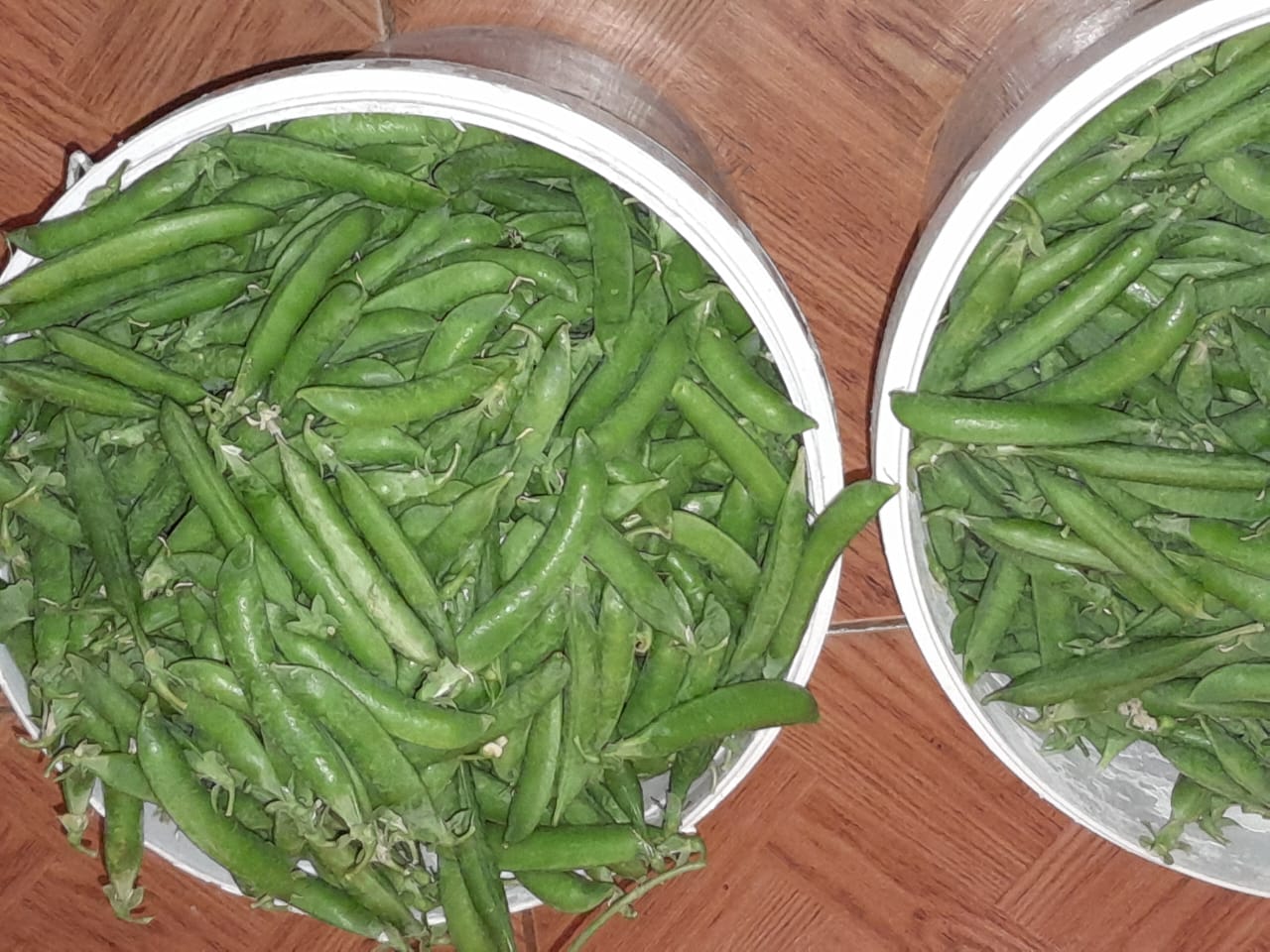
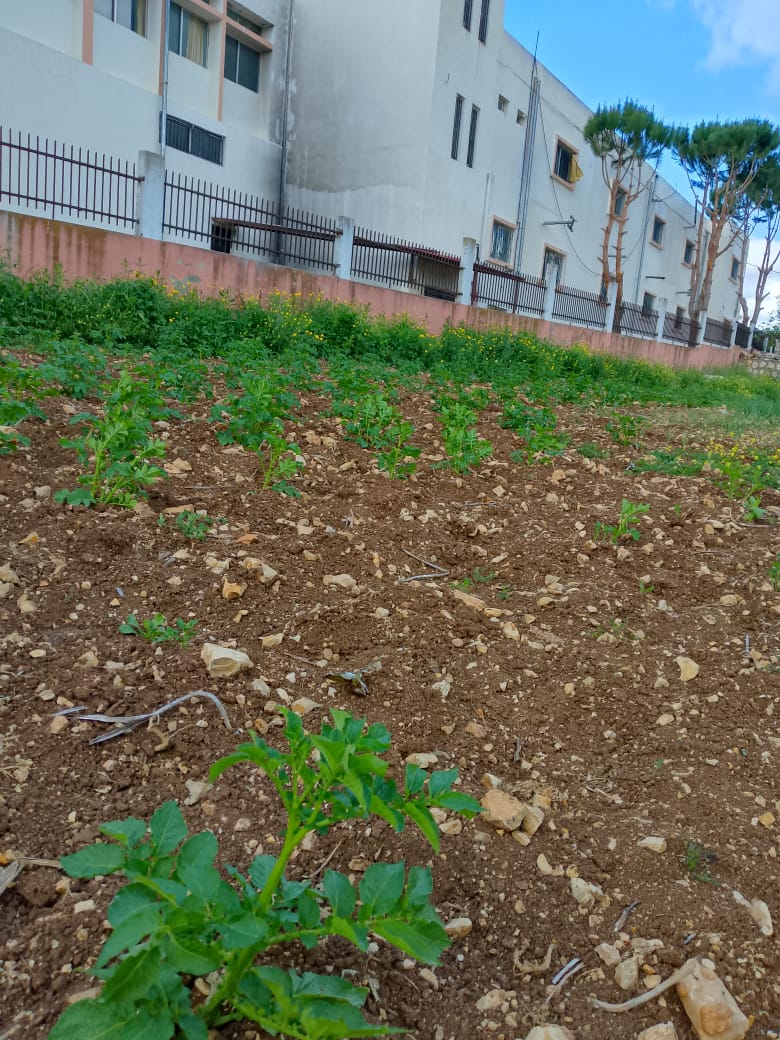
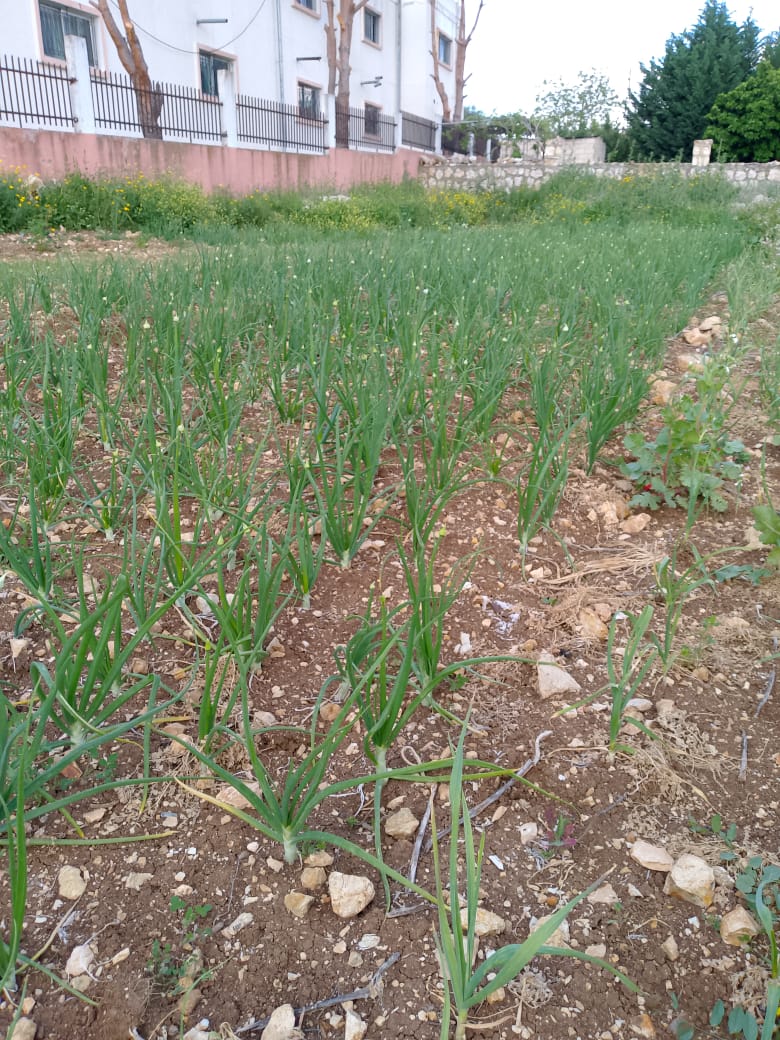
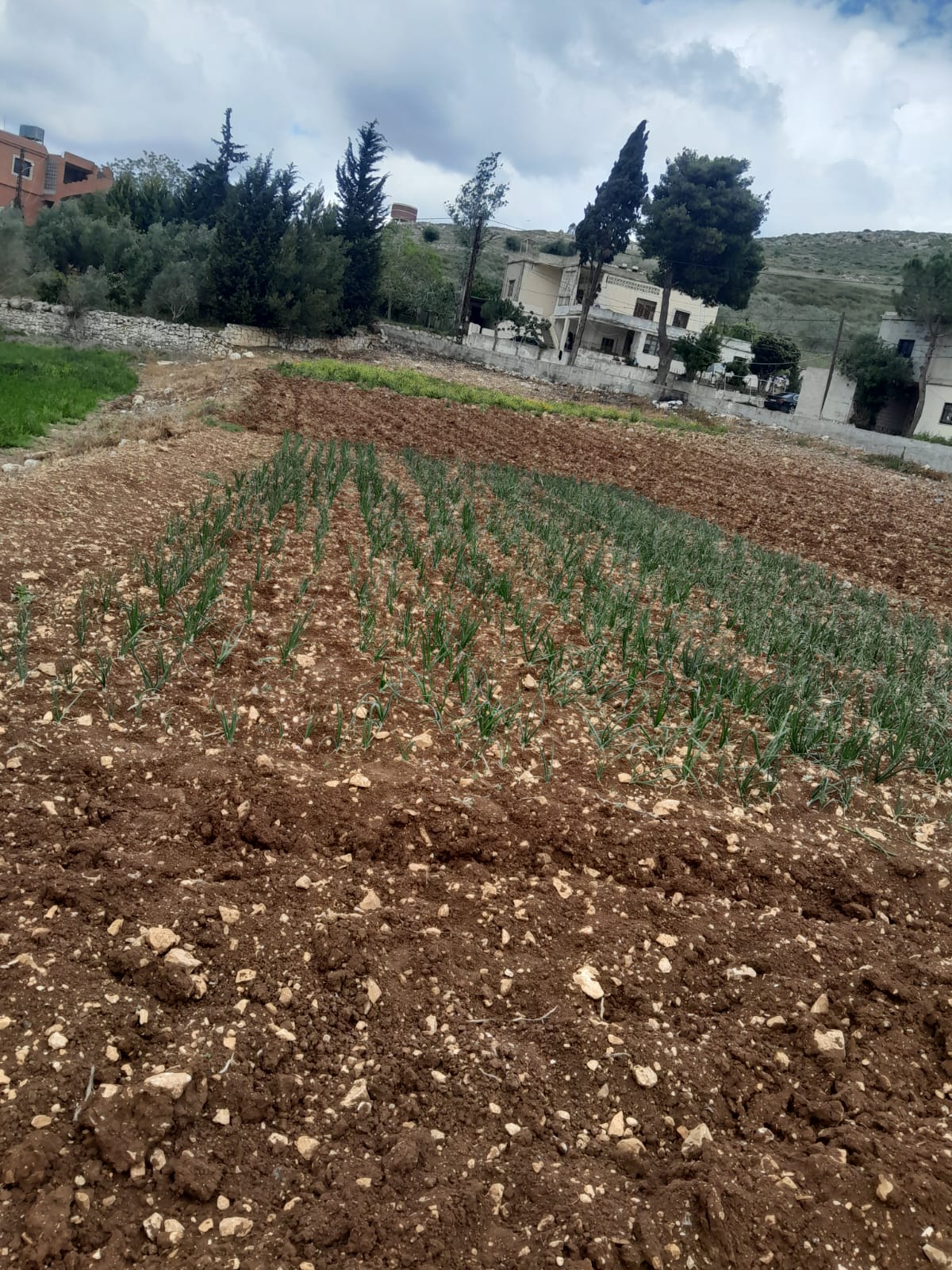
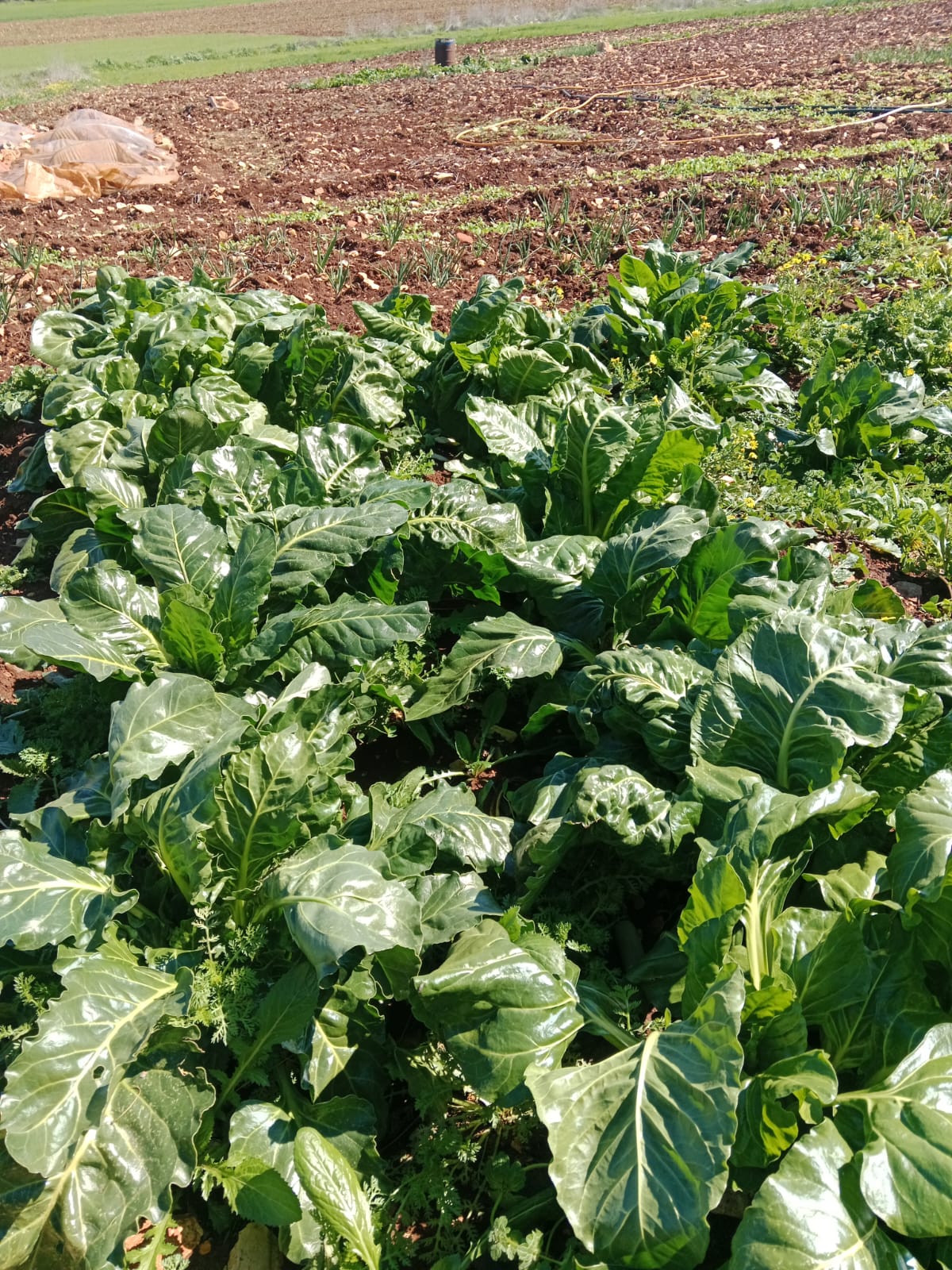


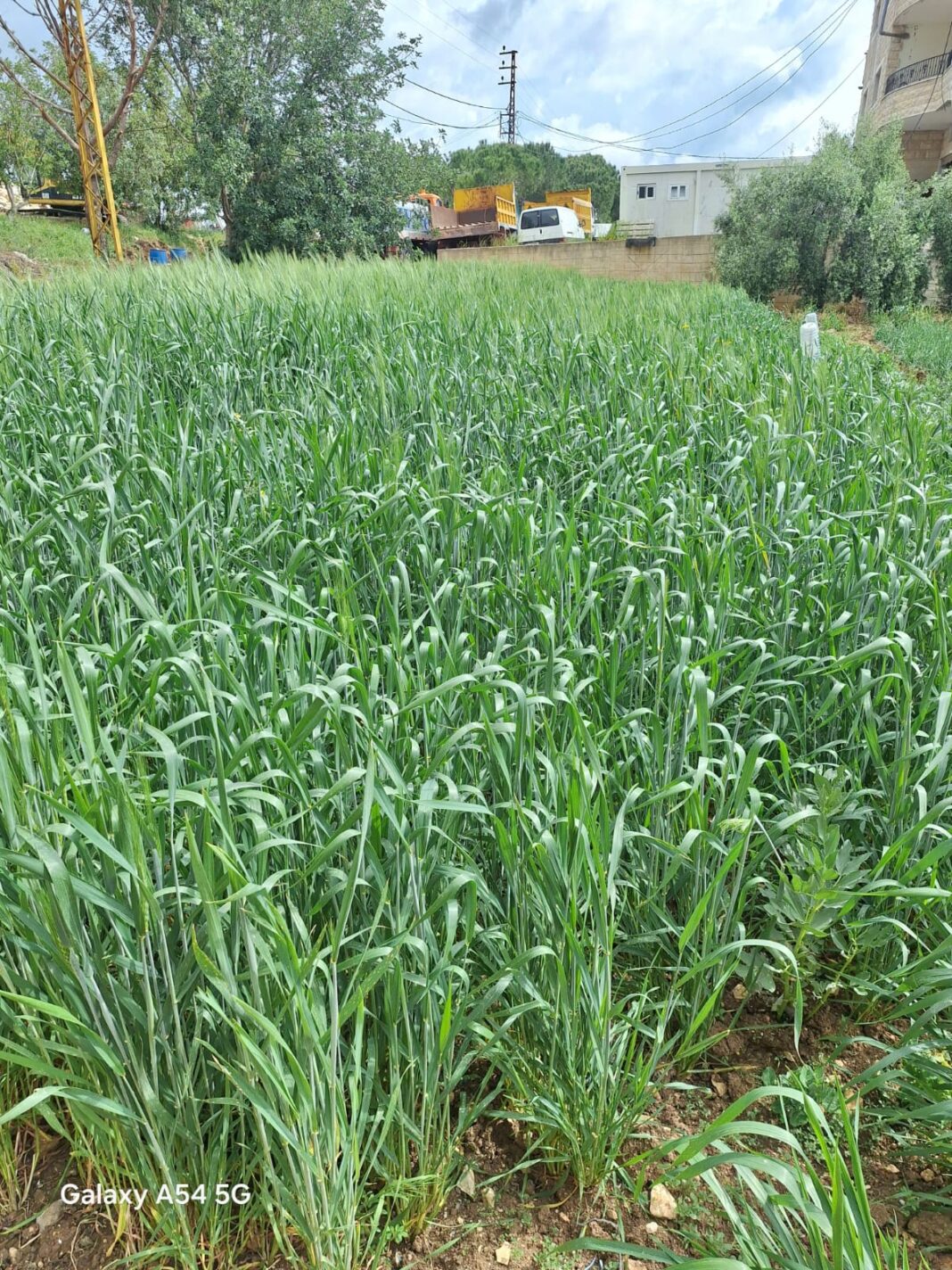



 Creative Commons Attribution 4.0 International license
Creative Commons Attribution 4.0 International license